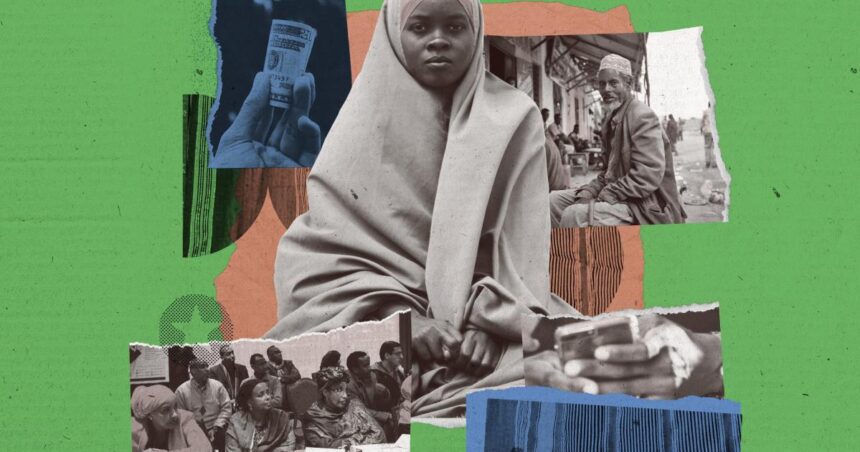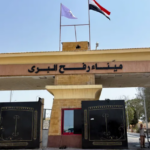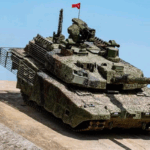The Somali diaspora’s humanitarianism is a critical and indispensable element of African societies, as it effectively addresses crises that arise from poverty, violence, and natural disasters. Its enduring nature and emphasis on reciprocal aid and religious obligation set the system apart. This leads to a system that is adaptable, robust, and efficient. On the other hand, the relationship between the diaspora and international humanitarian systems is characterized by a lack of collaboration and a sense of suspicion. The overemphasis on the potential risks associated with financial transfers from the diaspora can hamper the success of diaspora humanitarian endeavours and impede their recognition and advancement.
To address crises and catastrophes in their homelands and other regions, the Somali diaspora’s actors, which include kinship associations, civil society organizations (CSOs), religious institutions, and businesses, cooperate closely with local partners. Family ties, societal obligations, and religious motivations are all important in the planning and execution of acts.
It is essential to acknowledge and promote diaspora humanitarianism, even when it deviates from the international framework on occasion. The estimated annual remittances sent by Somalis residing overseas range from 1.4 to 2 billion USD. These remittances are essential for providing significant assistance in areas such as food security, education, health, investments, and disasters. Diaspora players also gather financial resources for cooperative endeavours, encompassing development, infrastructure, and emergency assistance.
Diaspora humanitarianism and the international formal system differ significantly in their organization and operation. Elements such as the severity of the crisis, shared relatives, regional affiliation, or Somali identity determine the potential beneficiaries of diaspora humanitarian help. Demands usually dictate the precise choices within these categories. Diaspora actors often display a high level of dedication to the places they seek to support, showing strong social and moral engagement. Family relationships, societal duties, and religious incentives significantly influence their ability to organize and deliver aid.
Trust-based practices create a system of responsibility, frequently distributing funds to local entrepreneurs or religious figures based on their status and credibility. The Somali diaspora humanitarian actors emphasize that their contributions are devoid of any overhead charges, as they directly bear the costs of logistics and administration. Both parties maintain the conviction that the individuals involved in the opposing system have a political aim and principles that guide their engagement.
However, there are also shared attributes between the formal and diaspora humanitarian networks. Both systems fail to adequately assist certain groups of recipients, either because they lack influential diasporas to advocate for their cause or because they live in distant areas that are difficult for formal humanitarian institutions to access. Moreover, both systems have a proclivity for reacting to catastrophes rather than implementing preventive measures, hence raising apprehensions regarding sustainability in the long run and the possible depletion of empathy when confronted with recurring, extended, and preventable crises.
The brief highlights the necessity of acknowledging and integrating diaspora aid with formal systems to better address crises, despite the existing distrust and regulatory hurdles.
Read more:DIIS_PB_Diaspora_aid_is_crucial-WEB







